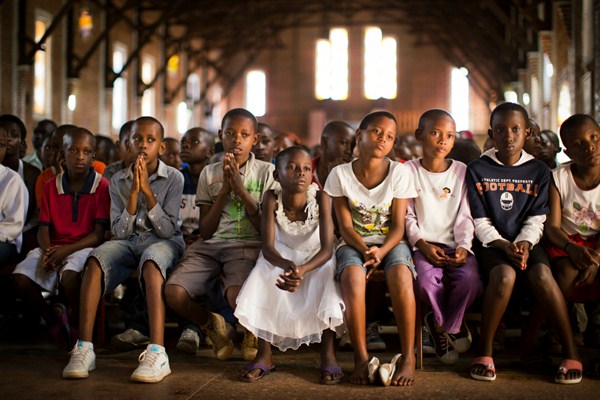Editor’s note: This article is part of an ongoing series about religious minorities in various countries around the world.
Since early March, the government of President Paul Kagame in Rwanda has ordered the closing of thousands of churches and dozens of mosques, citing unsafe conditions for worshippers. It also banned mosques in the capital, Kigali, from using loudspeakers for the Muslim call to prayer. Kagame insists that there is no reason for so many places of worship in a small, developing country like Rwanda. The predominantly Catholic country has seen a proliferation of non-Catholic churches in the decades since the Rwandan genocide was carried out against the Tutsi ethnic minority in 1994. In an email interview, Timothy Longman, the director of the Institute on Culture, Religion and World Affairs at Boston University and the author of “Christianity and Genocide in Rwanda,” discusses the recent church and mosque closures and the role religion has played in Rwanda since the genocide.
WPR: What is driving the government’s recent decisions to close down churches and mosques?

